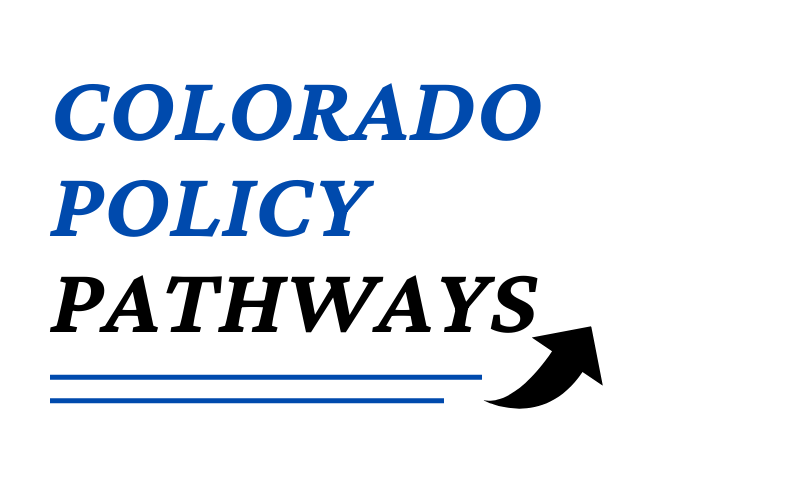Washington State joined the states offering a paid family leave program to their workers with legislation enacted in 2017. It began payroll tax collections in Jan 2019, one year before paying out benefits – in an effort to build up the fund.
The implementation process for a state that lacked government paid leave options previously is important for Colorado to monitor. It is that difficult journey that we face if Colorado succeeds in passing a similar Paid Family and Medical Leave Program in 2020.
Uncertainties Washington now faces: How many workers will submit claims in context of the carefully orchestrated structures of this benefit? How much can Washington rely on the experiences of other states? And over time, will outcomes reflect the intended policy goals? These are questions that Colorado is now considering. We would be wise to keep an eye on early signs of Washington’s success or failure to get it right.
Early Indications are Unsettling
The Columbian reported that within the first three weeks, more than 22,000 people have applied for PFML benefits, a number that officials had estimated would be received within the first three months. It is too soon to determine whether or not this initial volume indicates a disturbing trend that threatens the solvency of the fund and the currently established payroll tax rate. But it is a signal that efforts to estimate the decision-making outcomes of millions of workers are far from an exact science.
Update Feb 24, 2020, to this original post. Below is an appeal from the department administering Washington’s new PFML Program.
This short 3 minute video demonstrates the uncertainty involved in launching a PFML program from scratch at a time when we have little to no reliable data.
Why it Matters for Colorado
In light of challenges emerging from current PFML programs including the evolving program in New Jersey, Colorado should avoid hasty adoption and implementation of a PFML program. We should instead learn from these other states. Otherwise, we may commit our workforce and their personal discretionary income to an irreversible program that presents unexpected outcomes. Advocates have downplayed the risks of unpredicted take-up rates and the subsequent rise of payroll taxes. Because there is not, and there never will be, evidence from the future, these risks are critical for Colorado to be aware of and consider.


 New Jersey Workers Face Higher Paid Family and Medical Leave Premiums. Will Their DOL Get It Right?
New Jersey Workers Face Higher Paid Family and Medical Leave Premiums. Will Their DOL Get It Right?